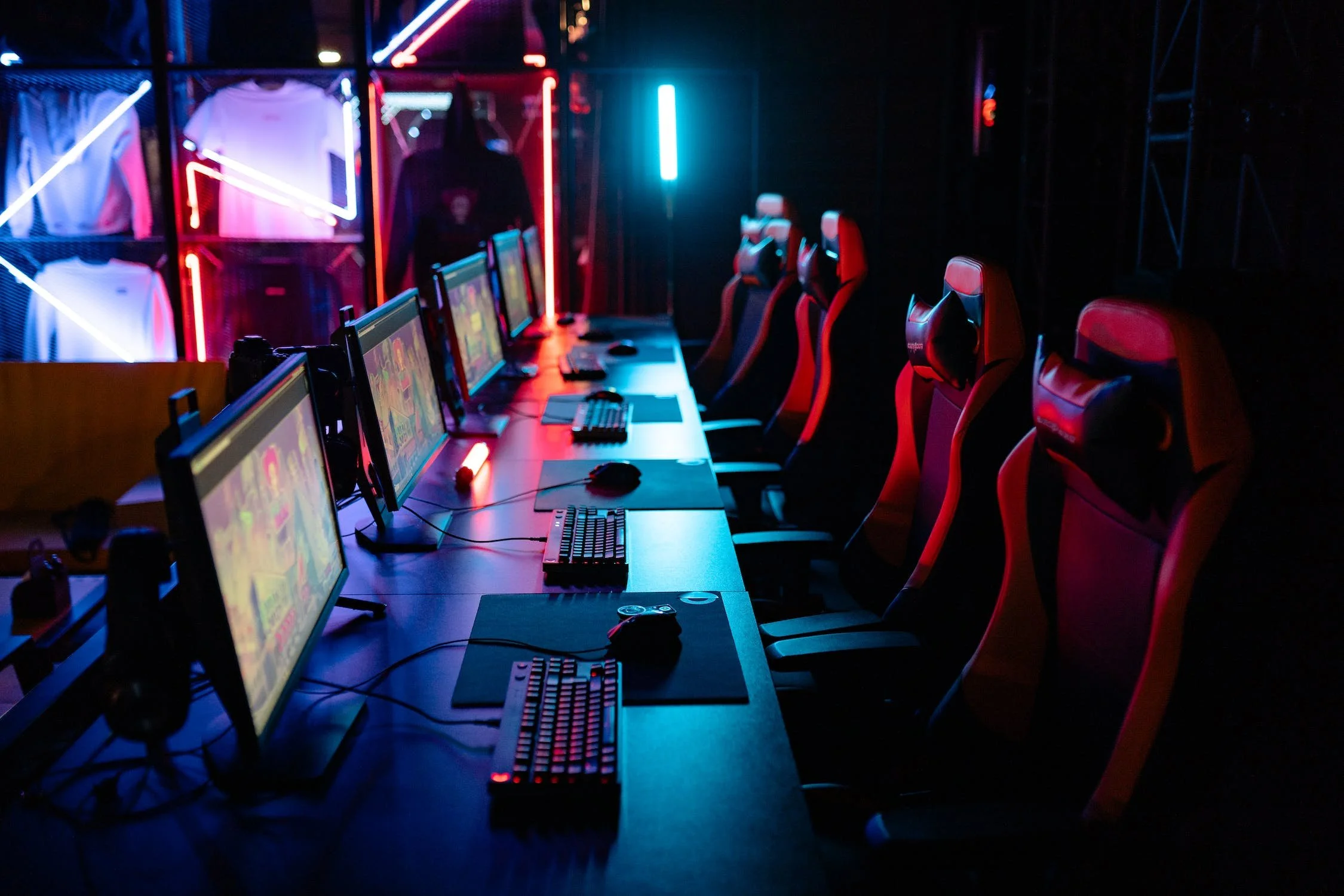In the ever-evolving landscape of esports, the quest for excellence is unending. As players and teams strive for the pinnacle of performance, technology continues to play a pivotal role in reshaping the industry. They also play a huge role in the world of betting, such as dota 2 betting, where modern community needs require technological solutions.
One of the most groundbreaking developments in recent years has been the integration of Artificial Intelligence (AI) into coaching methodologies. AI coaching in esports has emerged as a game-changer, revolutionizing player training in ways previously thought unimaginable.
Introduction to AI Coaching in Esports
Traditional coaching methods have always relied on the expertise and experience of human coaches. However, the advent of AI has brought about a paradigm shift, offering a new dimension to the coaching landscape. AI coaching in esports involves the utilization of advanced algorithms and machine learning to analyze vast amounts of data, providing insights that were once impossible to attain.
AI coaches, powered by sophisticated algorithms, can analyze gameplay patterns, strategic decisions, and individual player performance with unparalleled precision. This comprehensive analysis forms the foundation for a more informed and effective coaching strategy.
Data-Driven Player Analysis
At the core of AI coaching in esports lies the ability to conduct data-driven player analysis. Traditional coaching methods often rely on subjective observations and manual data collection, which can be time-consuming and prone to human error. AI, on the other hand, can process vast datasets in real-time, offering a level of analysis that human coaches could only dream of.
AI coaches can evaluate player performance metrics such as reaction time, decision-making patterns, and strategic choices. By scrutinizing gameplay data, AI identifies areas of strength and weakness, enabling coaches to tailor training programs that address specific needs. This data-driven approach not only enhances the overall performance of players but also provides a competitive edge in the rapidly evolving world of esports.
Personalized Training Programs
One of the key advantages of AI coaching is the ability to create personalized training programs for individual players. Traditional coaching often adopts a one-size-fits-all approach, but AI tailors training regimens based on each player's unique strengths, weaknesses, and playstyle.
The AI system considers a player's historical data, preferred characters, and in-game habits to design a training program that focuses on areas requiring improvement. Whether it's refining mechanical skills, optimizing strategic thinking, or addressing specific in-game challenges, AI coaching ensures that the training is precisely aligned with the individual player's needs.
This personalized approach not only accelerates skill development but also fosters a sense of ownership and motivation among players. As they witness targeted improvements in their performance, players are more likely to engage actively in the training process, driving continuous growth and refinement.
Real-Time Performance Feedback
Immediate and constructive feedback is invaluable in the world of esports, where split-second decisions can determine the outcome of a match. AI coaching provides real-time performance feedback, offering players insights during and after gameplay.
AI algorithms can analyze live matches, providing instant feedback on strategic decisions, positioning, and execution. This real-time analysis enables players to make on-the-fly adjustments, enhancing adaptability and resilience during competitive play. Post-match, detailed performance reports generated by AI coaches serve as a roadmap for improvement, allowing players and human coaches to collaboratively fine-tune strategies and address specific areas of concern.
Evolving Strategies for Success
As AI coaching becomes increasingly integrated into esports training, teams are exploring innovative strategies to maximize its benefits. The adaptability of AI allows for the evolution of coaching methodologies, enabling teams to stay ahead of emerging trends and counter evolving strategies employed by opponents.
AI coaches excel at identifying patterns and trends across a multitude of matches and tournaments. This ability proves invaluable when devising new strategies or adapting existing ones. By leveraging historical data and real-time insights, teams can make strategic decisions that are not only informed by human intuition but also backed by the analytical prowess of AI.
Moreover, AI coaching introduces an element of unpredictability. As it continuously analyzes evolving gameplay trends, it can suggest unconventional strategies that human coaches might overlook. This element of surprise can catch opponents off guard, providing a strategic advantage that is essential in the highly competitive world of esports.
Mental and Emotional Well-being
Beyond the technical aspects of gameplay, AI coaching also addresses the mental and emotional well-being of players. Esports is not just a test of mechanical skill; it's a mental battleground where focus, resilience, and emotional control are paramount.
AI coaches can monitor player behavior, communication patterns, and physiological indicators during matches. Recognizing signs of stress or fatigue, AI can recommend personalized routines to help players maintain optimal mental and emotional states. This holistic approach ensures that players are not only physically prepared but also mentally resilient, contributing to sustained peak performance over the course of a tournament.
Ethical Considerations and Fair Play
As AI coaching gains prominence, the esports community is grappling with ethical considerations and the concept of fair play. The potential for AI to provide a competitive advantage raises questions about the level playing field, particularly in tournaments where some teams may have access to more advanced AI coaching tools than others.
Regulatory bodies within the esports industry are now addressing these concerns, establishing guidelines to ensure fair competition. Striking the right balance between harnessing the benefits of AI coaching and maintaining a level playing field is crucial for the integrity of esports as a competitive sport.
Conclusion
The integration of AI coaching in esports marks a revolutionary step forward in player training methodologies. The ability of AI to conduct data-driven player analysis, create personalized training programs, and provide real-time performance feedback is transforming the landscape of competitive gaming. As esports continues to grow in complexity and competitiveness, embracing AI coaching becomes not just an option but a necessity for teams and players aiming to stay ahead of the curve. The fusion of human expertise with AI precision is ushering in a new era of esports excellence, where the journey to the top is guided by the insightful algorithms of artificial intelligence.

















